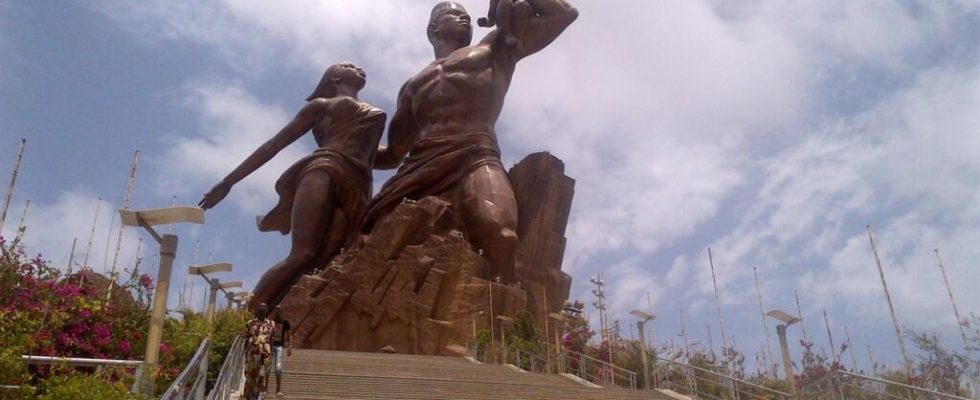The announcement, made by the South Korean Ministry of Foreign Affairs, is part of a succession of embassy closures, particularly on the African continent. While Pyongyang could close more than a dozen diplomatic posts, North Korea has already withdrawn from five African countries. A decision against a backdrop of economic difficulties which demonstrates the regime’s desire to change strategy even though it has long maintained close ties with different countries on the continent.
1 min
With our correspondent in Seoul, Nicolas Rocca
The imposing African Renaissance monument, a large sculpture which overlooks Dakar, is also a symbol of the links between Senegal and North Korea. If relations between the two countries have remained limited, North Korean workers were used to build the statue, as for around ten other monuments on the African continent.
Pyongyang seems to have decided to limit its diplomatic presence there. According to accounts from former diplomats, North Korean embassies are often responsible for their own financing. A strategy that is difficult to maintain since UN sanctions prohibit the employment of North Koreans abroad.
Before Dakar and Conakry, the country closed its embassies in Uganda, the Democratic Republic of Congo and Angola. North Korea has long supported African independence movements before continuing its trade with different countries, despite sanctions.
Read alsoNorth Korea announces the closure of several embassies, notably in Angola and Uganda
In addition to the construction of statues, armaments, minerals and even fishing were among the privileged sectors of cooperation. Facing economic difficulties due to sanctions and its isolation, North Korea appears to be focusing on its partnerships with Russia and China. But Pyongyang currently maintains embassies in eight African countries.
Read alsoBurkina Faso reestablishes diplomatic relations with North Korea
